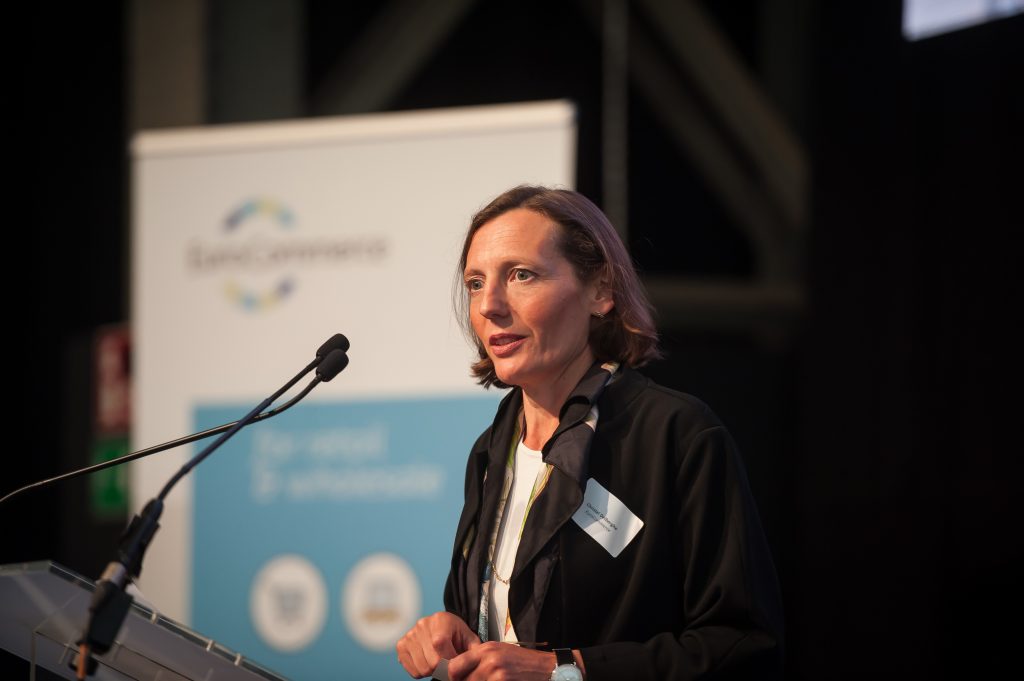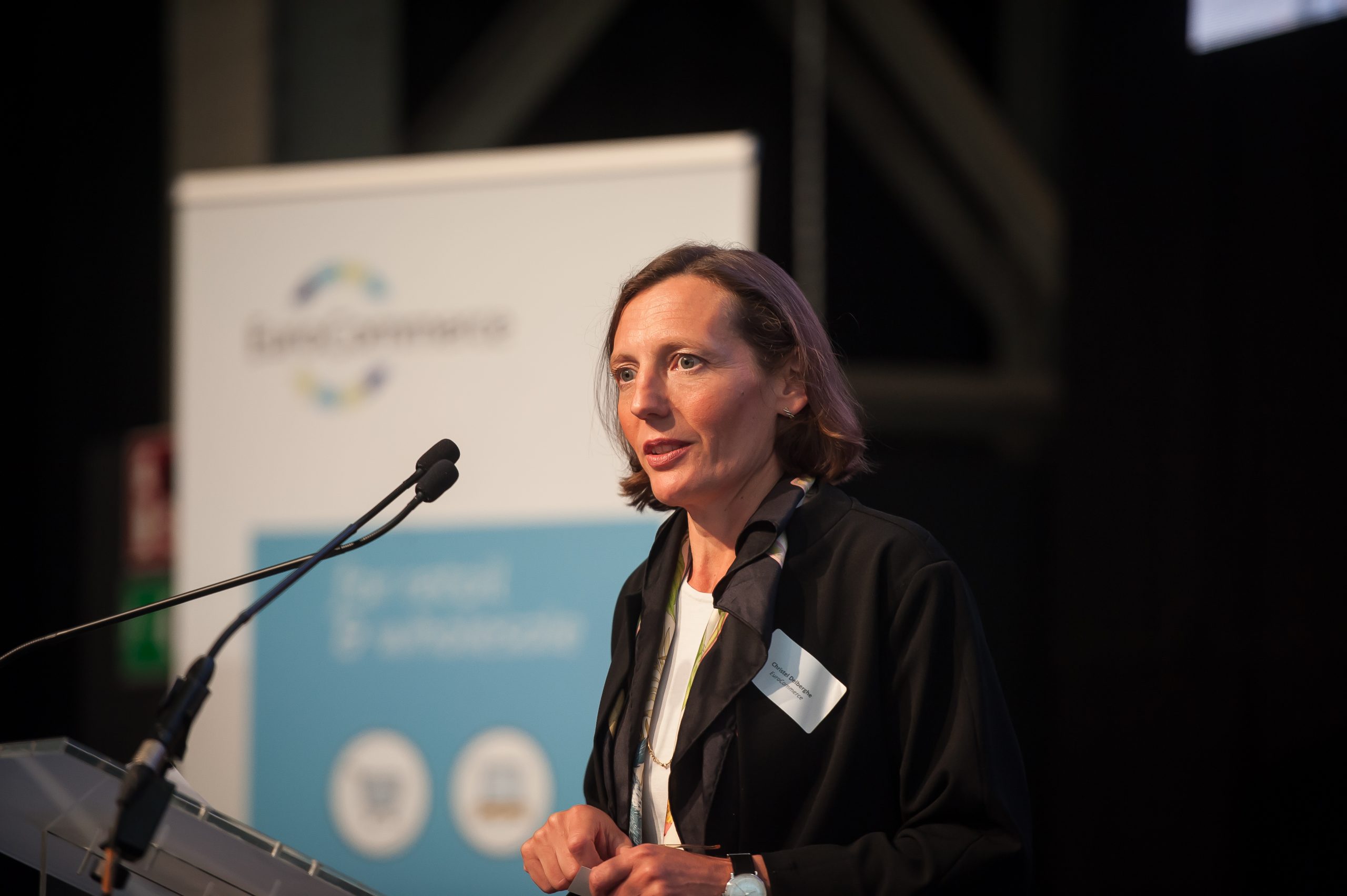Interview with Christel Delberghe, CEO of Eurocommerce
How should we tackle the still-growing inflation?
We are facing the highest level of inflation in the last 40 years, driven by what were already rising energy prices, now sent even higher by the Russian invasion of Ukraine, along with massive rises in the cost of commodities and agricultural inputs. Our members are doing what they can to cushion the worst impact on consumers, but can only do so much. It is therefore in the interests of all in the supply chain, while taking care that these measures do not throttle the much-needed economic recovery after Covid-19 and the hit taken by our economies due to the Russian invasion and disruption of supplies from China, now worsened by the government lockdown of major cities.
What is Eurocommerce’s position regarding the EU’s new Food Security Committee?
We are pleased that the Commission has come out with a clear message that Europe does not suffer from a shortage of food and also that it has underlined the importance of the single market for ensuring resilience across the supply chain, which will be addressed through enforcement of EU rules. We signed a joint statement in April undertaking to work together to ensure a resilient and reliable supply of food for Europe’s consumers. We also welcome the Commission’s efforts to help poorer countries who are already being hard hit by the shortage of exports of wheat and maize from Ukraine caused by the blockade of Black Sea ports.
“We are taking action to harmonise a proposal to halt the proliferation of national labels, which are confusing”
What are Eurocommerce’s guidelines for the new EU Responsible Food Business & Marketing Practices?
We are an active participant and signatory, along with many of our members, of the EU code of conduct. We are keen to see farmers getting a fair market price for their produce and our sector will continue to encourage consumers to choose healthy options, including by eating more fruit and vegetables. We want to see farmers rewarded for producing premium and local speciality products. Retailers have also been active in helping farmers in the transition to organic and more sustainable practice to meet the growing demand.
Second Retail report: what trends do you see in the specialised grocery sector?
Our second Grocery Retail report, published in April, which we worked on with McKinsey & Co, showed a number of important trends relevant to fresh food sales. While the data collected predated the Russian invasion of Ukraine, it already pointed to real challenges for grocery retail, with the market shrinking compared with 2021. This trend is likely to be amplified, with high inflation and energy and other bills putting pressure on households. There is strong evidence already of downtrading by consumers in the present difficult period.
Biography
CEO of Eurocommerce since 2001
Consultant at Greyling in 2000-2021
M&S European affairs officer in 2016-2000




